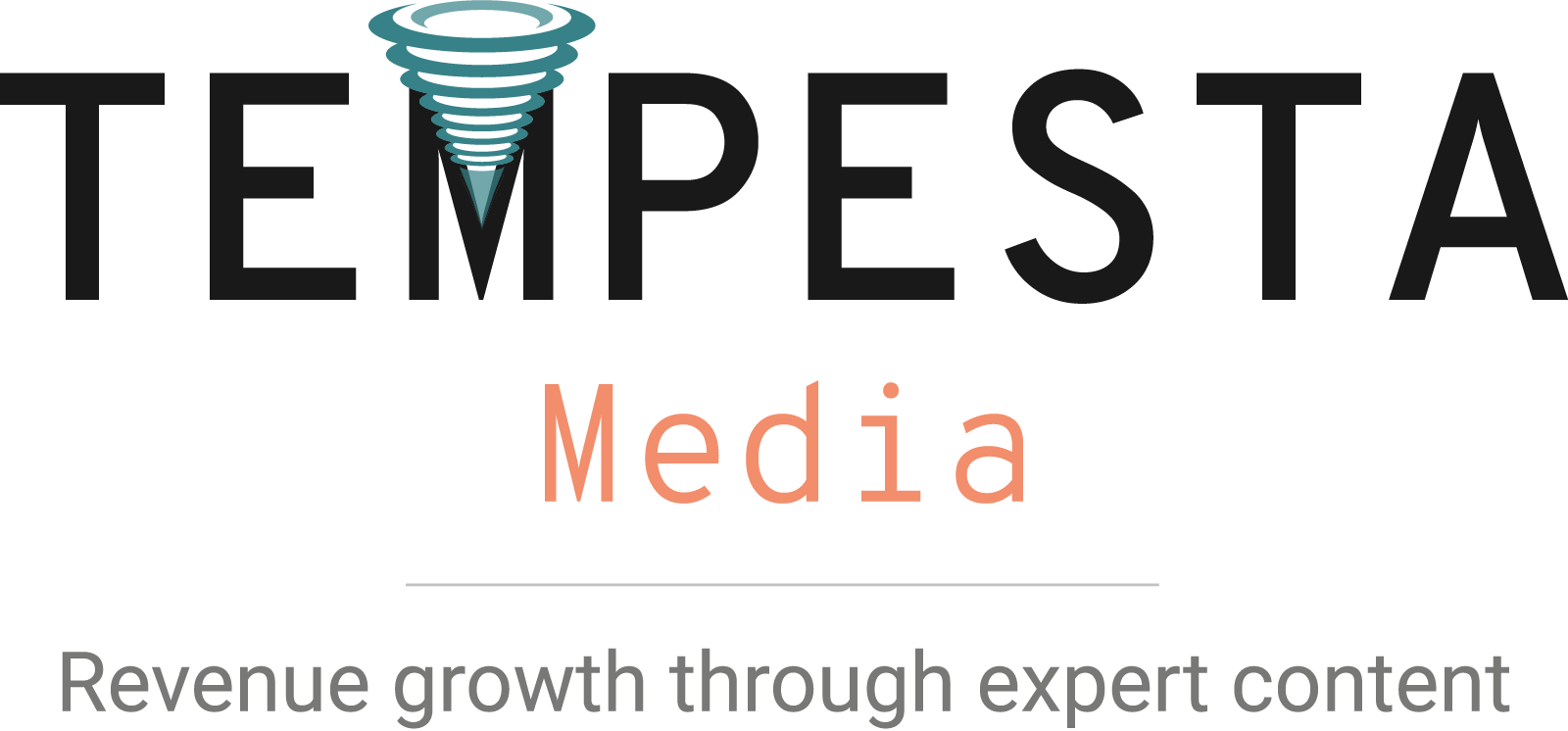You most likely have heard of a site called Medium.com if you’re looking to develop a marketing strategy centered around content and SEO.
It’s a platform designed for both new and experienced bloggers. The site’s simplicity is one of its major attractions for individuals and companies. You can open an account and start writing and publishing right away. It’s that easy to use. Therefore, how Medium affects your SEO and content marketing must be addressed.
Medium allows companies to get their content out there, but the way it affects your SEO and content strategy leaves something to be desired. By default, it adds a rel=”nofollow” to every HTML, telling the search engine that the source exists but is not identified.
Even with that concern, Medium still has something to offer businesses. In the following segments, we’ll break down pros and cons to determine how valuable a marketing tool the site is.
Breaking down Medium
Medium.com was founded by Ev Williams. The site is set up as a hybrid social media platform/CMS/online community. As it grew, an increasing number of businesses used it for their blogs and other content. However, just because other businesses use it doesn’t mean you should.
Advantages of blogging with Medium:
- Medium has a beautiful and professionally designed site, making it practical for businesses to use.
- It has high credibility thanks to its structure and growth, meaning content on the site is trusted.
- You can import from anywhere on the web where you have blog content.
- Your audience can come from your other social media platforms, allowing for built-in followers.
- Engagement is real and measurable thanks to the focus on reading time and on how many readers read to the end.
Disadvantages of blogging with Medium:
- To make it work, you must put in a lot of time that could be spent elsewhere.
- Keyword cannibalization can occur even with the rel=canonical tag applied.
- Building an email list is difficult, and your only options are call to actions or in-line forms. In-line forms are a no-go for those focused on SEO.
- You don’t own Medium, so your company is subject to rule, site or terms of use changes that can affect your strategy.
- Lack of available backlinks and the inability to expand an email list, among other concerns, means Medium offers no immediate SEO value.
- Full use of the site requires a membership fee that is reasonable, but you’re still paying for something you don’t own.
- You can’t post to your own site because all content must be original.
How Medium affects your SEO and content marketing
If SEO mastery or full ownership of your entire content marketing distribution is your goal, Medium is not the right fit. When possible, it’s always better to keep ownership in your hands, not in another company’s.
However, how Medium affects your SEO and content marketing is a big deal. No doubt Medium has plenty of uses for many businesses, especially if they want to increase their audience quickly or need a content-heavy site with minimal web development. Medium may be right for you if you are just starting and need help.
For more about creating content, contact Tempesta Media.












